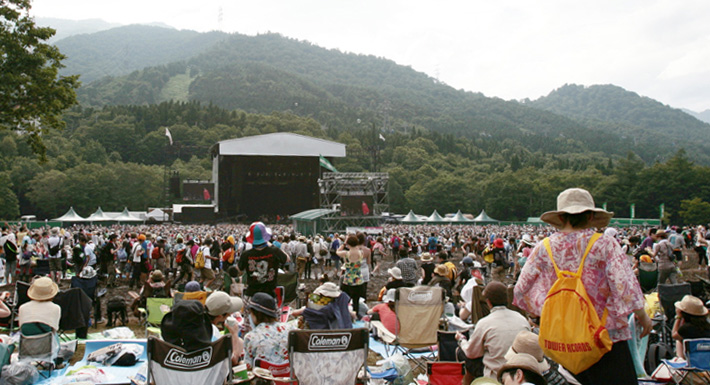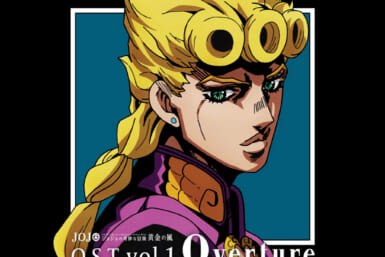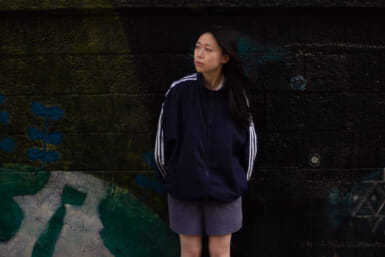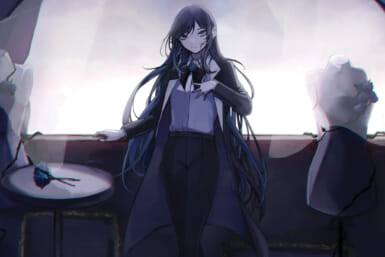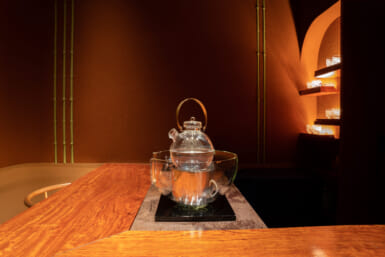I have tried three times to get tickets for England’s Glastonbury festival and failed every time. The famed music festival is so popular that the organizers introduced a lottery system for allocating tickets, and I never got lucky. The Japanese equivalent is Fuji Rock and luckily for music fans, tickets for this festival are much easier to come by.
I didn’t know what to expect from Fuji Rock, as this was my first camping festival in Japan, but from the start it was like no other I’d been too.
The Naeba ski resort that hosts the annual rock fest’ isn’t actually near Mt. Fuji; the festival moved here in 1998, but the easily remembered ‘Fuji Rock’ name stuck.
With plenty of time to spare at Tokyo station and backpacks bursting with supplies, we waited for the shinkansen bullet train.
Many people choose to drive to Naeba, but we thought that, in order to beat the traffic and keep things eco friendly, the express train would be a better choice. Japanese bullet trains are famed for their efficiency, but (my) human error put us on the wrong platform with the double deck train seconds from leaving. After sprinting bags-and-all to the next platform, we narrowly made it through the closing doors: The adventure had just begun.
Just over an hour later we arrived in a sleepy mountain village, that looked a million miles from Tokyo and hopped on a free bus headed into seemingly to nowhere. When we arrived at the campground the rain was pouring down, and we had to attempt to pitch our tents in the dark. In the background the booming noises of the Thursday night pre-party could be heard, and the sky was streaked with lasers and search lights. In the distance loomed the luxurious Naeba Prince Hotel—where most of the international stars would stay. Lucky for them, I thought as I looked down at my drenched and muddy clothes. But I reassured myself with the thought that comfortable trains and hotels most definitely have their place in the world, but for a rock festival, camping is a must—regardless of the weather. I did, however, feel ill prepared next to some Japanese campers, who looked like they were headed on an arctic expedition with all the latest designer outdoor gear.
The next day I was woken by the pounding of hammers. Peering out of my tent, the grassy field was gone, only to be replaced by a sea of tents with people still arriving all around, knocking pegs into the wet ground. Wandering through the early morning festival was a great experience: disco balls hung from trees, a wooden walkway meandered through the forest, and the music fans wore some of the weirdest clothes, sunglasses and hats I have ever seen.
The first star band on the lineup was 1990s Irish band Ash, which is making a comeback with a new album called A–Z. The cunning marketing plan is for them to launch one single every two weeks, for a total of 26 in all. As the sun came out the polite crowd switched to frantic jumping and rowdy moshing at the front of the stage, and crowd surfers were lifted out by security staff. The band satisfied fans with hits such as Girl from Mars, which got the whole crowd singing along. When the music had finished, civilization returned and people peacefully headed off to the bar or the next stage.
“Comfortable trains and hotels most definitely have their place in the world, but for a rock festival, camping is a must.”
As this is Japan, I wasn’t surprised to see that Fuji Rock includes an extensive gift shop, the entrance to which had longer queues than some of the toilets. Buying a t-shirt at a rock festival is a tradition, and the Japanese fans take it very seriously. Walking around I saw people wearing shirts from Coachella, Glastonbury, Leeds and other global festivals. But by the last day it seemed that everyone was wearing a Fuji Rock t-shirt, and the gift shop had sold out completely.
In my experience, eating at any type of festival food is usually a rip-off,or the food is terrible quality. But the food at Fuji Rock was surprisingly good—with the world kitchen area selling cuisine from across the globe, all reasonably priced. Delicious Thai curry and rice was ¥500; English fish and chips were ¥600, and yaki soba was ¥500. Draft beer was ¥600— about the average price at a gig.
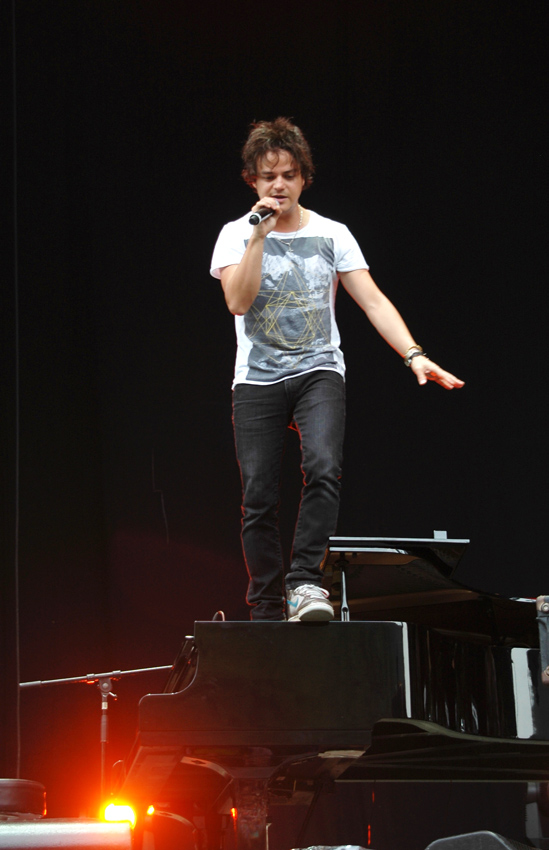 After Ash, hipster rockers The Cribs played to the packed field, and gave one of the best performances of the festival. The natural amphitheater that surrounds the main ‘green’ stage was covered in chairs and camp stools, and the high-energy trendsetters wowed the crowd with hands-in-the-air indie rock. The main headliner for Friday was Muse. The band has played all over the world, and is almost a standard at festivals. No one will be getting fired for making that booking, as the crowds predictably loved it.
After Ash, hipster rockers The Cribs played to the packed field, and gave one of the best performances of the festival. The natural amphitheater that surrounds the main ‘green’ stage was covered in chairs and camp stools, and the high-energy trendsetters wowed the crowd with hands-in-the-air indie rock. The main headliner for Friday was Muse. The band has played all over the world, and is almost a standard at festivals. No one will be getting fired for making that booking, as the crowds predictably loved it.
On Saturday, the five Englishmen who make up Kula Shaker played their smash hits in the early sunshine, and the main stage area was already jam packed. Later on Jamie Cullum, the pint-sized pianist, showed that he is a pure entertainer and showman. His jazzy songs and cover versions went down well, and he energetically bounded around the stage, jumping off his piano and even running through the crowd at one point. He even joked about only having one hit single, “played over four times on the radio!” and the audience loved it. As the heavens opened he sang a funny Singing in the Rain / Umbrella cover, paying homage to Gene Kelly and Rihanna.
Cullum compared the Japanese festival with that of Glastonbury in England. “It’s brilliant here, even when it rains. At Glastonbury it becomes like a sewer,” he said. Perhaps not the best image to bring to mind, and to some of the crowd the joke was clearly lost in translation. But when he tried speaking Japanese with a, “Watashi wa Jamie Cullum desu,” the audience appreciated the effort.
The headliner for Saturday was 80s legend Roxy Music. The video displayed on the big screen showed clips from the band’s heyday. Lead singer Bryan Ferry swaggered onto the stage to loud cheers, and the nostalgic hits clearly brought back good memories, with the audience singing along to More Than This and John Lennon cover Jealous Guy. But ultimately the slow music and bad weather left most of the crowd standing still or leaving early to catch MGMT on the second ‘white’ stage.
MGMT drew so many crowds onto the muddy field that security closed the entrance, unsurprisingly seeing as how in the past year the band’s Youtube music video Kids has over 30 million views. MGMT’s overall performance, though, was disappointing. Lead singer Andrew VanWyngarden’s voice didn’t match the expectations set by all the hype. The hits Kids and Electric Feel were good, but the rest was a bit lackluster for such a vast crowd, and the packed audience was left wanting more.
“As the sun came out the polite crowd switched to frantic jumping and rowdy moshing at the front of the stage.”
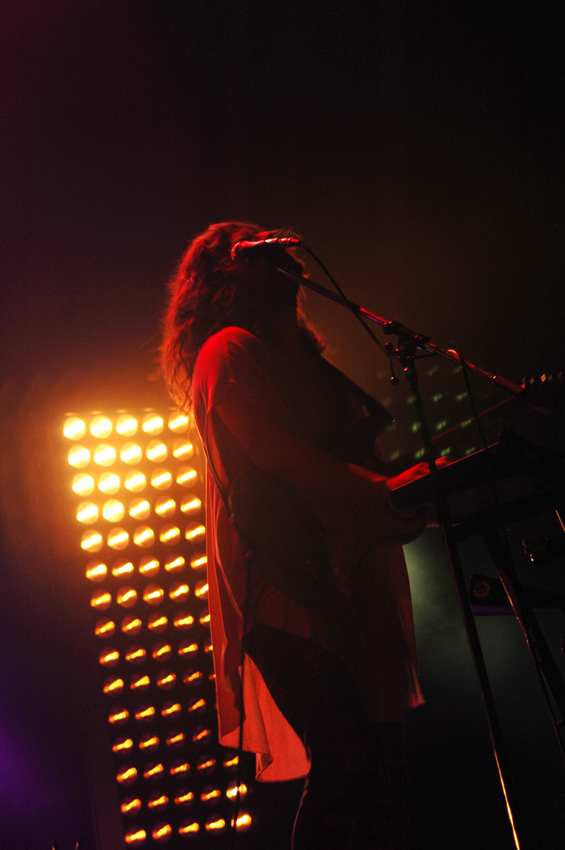
Later in the ‘red’ marquee, which hosted acts and also provided handy shelter from the ever-shifting rain, was one of the star performances of the whole show, by Japanese act the Dexpistols. The DJ and hip-hop combination gave their all to the packed tent. The high speed electro music and manic Japanese rapping was accompanied by incredible dancing and energy, making for a truly great performance. Expect very big things from these guys in the future.
Immediately following The Dex Pistols, with no time even to go to the bar for a refill, came the equally popular Boys Noize. The dirty electro mixes got hundreds of fans jumping and dancing into the night. The visuals were equally impressive, although tasteless remixed videos of a-bomb explosions projected behind the stage were a poor choice.
On Sunday morning, 90s band Ocean Colour Scene rocked out to an eager crowd. The group, which hit the charts during the Brit-pop area of Oasis and Blur, obviously had many fans in Japan. One fan held a huge British flag in the air, prompting a joke about England losing the World Cup. The band’s anti-war anthem, Profit in Peace, proved to be a sing-along classic, and the weather brightened up to match the positive mood.
New Yorkers Vampire Weekend played a great afternoon performance. The members of the indie band dressed in preppy clothes, a possible nod to their beginnings at Columbia University. Upbeat singles including A-Punk got the crowd dancing, and afterward many audience members commented that the band probably would have made a better choice for headliner than Roxy Music.
In the red marquee on Sunday, British electro pop group Hot Chip played an incredible show, as LCD Soundsystem played simultaneously on a bigger stage. Lead singer of Hot Chip Alexis Taylor joked, “You realize you are missing LCD Soundsystem to watch us? Thank you!” Anthems Ready for the Floor and Over and Over had the tent jumping. Band member Joe Goddard didn’t make it to Japan, so the band rigged up a screen on which a bizarre video of his floating head provided backup singing.
Sunday’s headliners and stars of the festival were Radiohead front man Thom Yorke and bassist Flea from the Red Hot Chili Peppers, who have joined forces to create the band Atoms for Peace. Thousands packed in to watch the show, but I got the feeling that the duo’s fame was what drew people in, rather than the music. Finally on the last night, surprise act the Scissor Sisters played a camp pop show to finish the long weekend—a great band to ensure the festival ended on a high note.
At the end of my first Japanese rock festival I was tired, sunburned and dirty: I can’t wait for Fuji Rock 2011!
This story was originally published in Tokyo Weekender in 2010, look out for more news on summer festivals in Japan in the coming weeks!
Info: Official Fuji Rock 2011 website here.
Location: Naeba Ski Resort
Dates: July 29th, 30th, 31st 2011

